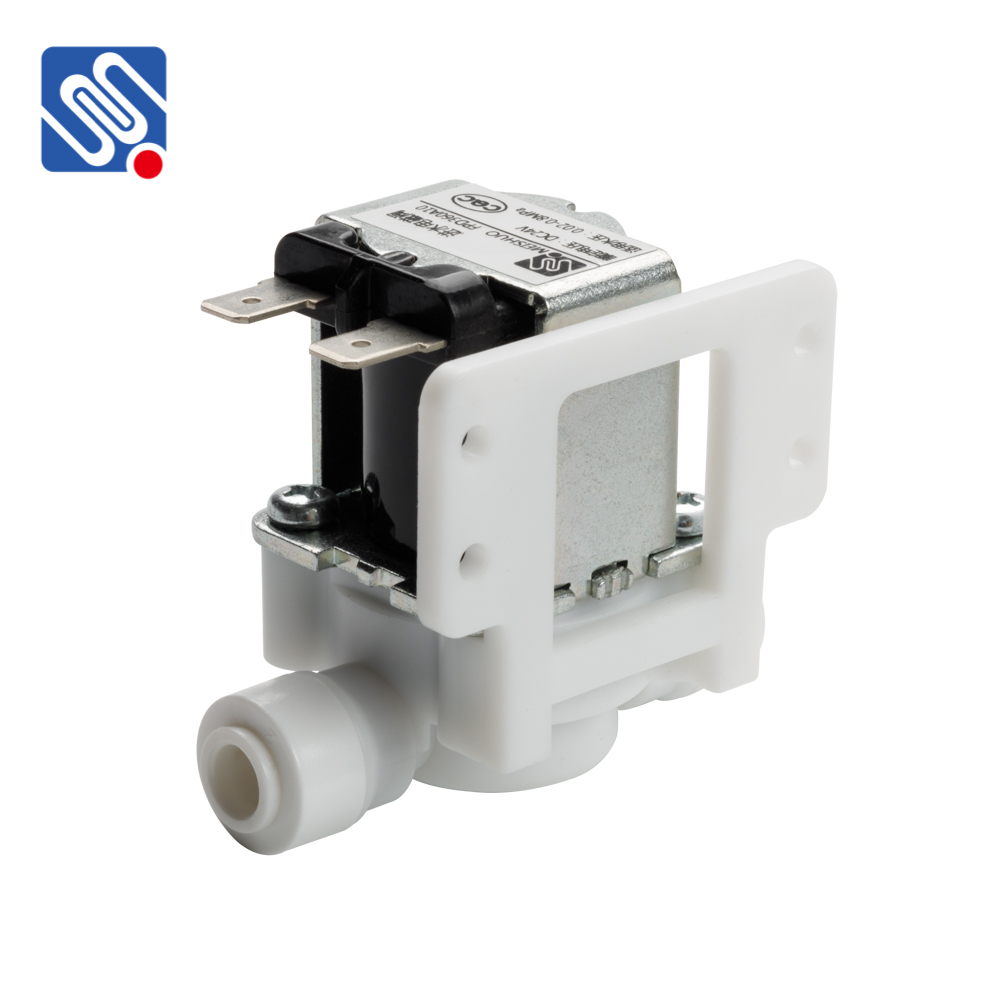A solenoid valve is an electromechanical device used to control the flow of liquids or gases in a system. The valve operates by using an electromagnetic coil to actuate a movable plunger, which opens or closes the valve to allow or restrict flow. Solenoid valves are commonly found in various industries, from manufacturing and automation to water treatment and HVAC systems, owing to their efficient and reliable operation. Among the many materials used for solenoid valves, stainless steel and plastic are two of the most widely chosen for their durability, corrosion resistance, and versatility. This article delves into the unique benefits and applications of stainless steel and plastic solenoid valves, highlighting why these materials are integral to modern fluid control systems.

Stainless Steel Solenoid Valves: Strength and Durability Stainless steel solenoid valves are designed for high-pressure and high-temperature environments. The primary advantage of stainless steel is its inherent strength and resistance to corrosion, making it ideal for use in harsh conditions. Stainless steel valves are commonly used in industries such as oil and gas, food processing, pharmaceuticals, and chemical processing, where reliability and long-lasting performance are critical. One of the significant benefits of stainless steel solenoid valves is their ability to withstand aggressive chemicals and extreme temperatures without compromising performance. Unlike valves made from other materials, stainless steel does not degrade or corrode when exposed to substances like acids, alkalis, or solvents. This makes them particularly useful in systems dealing with corrosive fluids, ensuring a longer lifespan and minimizing the risk of failure.
Leave a Reply